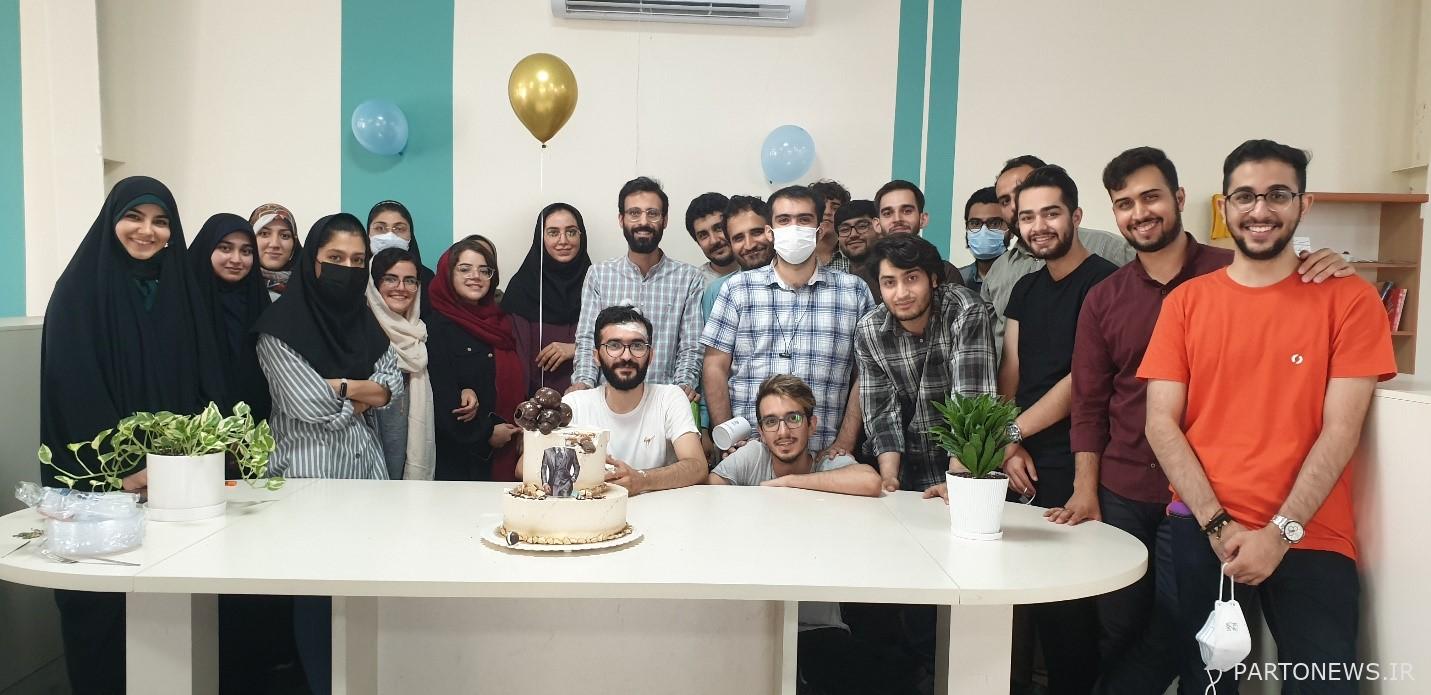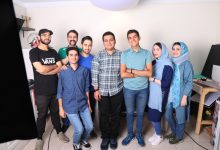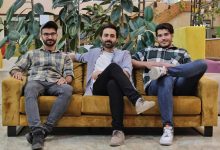oncogene; Person-centered cancer medicine

Cancer is the uncontrollable division of cells that occurs due to environmental factors and genetic disorders. Four categories of key genes that play a role in directing cancer cells include: oncogenes, tumor suppressor genes, DNA repair genes, and programmed death genes, whose sequence varies from individual to individual. It varies from person to person.
If chemicals, sun rays, viruses or bacteria lead to genetic mutation, normal cells go out of their way and move towards changing their identity and becoming cancerous, which may eventually cause the death of a person.
Cancer is not a modern disease and has existed since the beginning of mankind, but in the last few decades, with advances in medical, molecular and of course computer science, we have finally been able to study the causes and mechanisms of this deadly disease and more importantly, by diagnosing Soon, let’s not be absolute losers of this breathtaking competition!
Please let me be with the team” oncogeneaid Let’s get to know each other.
Mojtaba Nik Ahed is a PhD student in computer engineering at Sharif University of Technology and CEO oncogene I am The Oncogene team consists of 13 people with different specializations in software engineering, MBA, entrepreneurial management, industries, medicine, nursing, genetics and medical genetics. We also outsource some of the work.
Why did you decide to start it?
The idea of oncogene formation has taken different paths. My master’s project was predicting drug response on cancer cell lines using gene expression data (genomics, transcriptomics, etc.). The researches I was doing focusing on cancer, made me think that together with one of my doctor friends, we should start working seriously in this field.
What made you interested in bioinformatics?
For my master’s thesis, I looked for my suitable supervisor in different laboratories, and since I was very interested in data analysis and big data, I was advised to enter the field of bioinformatics.
At that time, Obama – the president of the United States at the time – had spent heavily on personalized medicine and investments were being made in other parts of the world, so it was clear that this issue has a future.
Our effort ended in failure, but I still wanted to work in this field until I met Dr. Abulfazl Motahari, an assistant professor at Sharif University, who was one of my lucky things in life.
Dr. Motahari, who had just returned from America, was interested in NGS sequencing and decided to establish a data analysis services laboratory in Iran together with Dr. Damon Nishtaali. The conditions of this matter were somewhat improved in terms of operational and implementation, and my past idea was more matured; We even went through an Ahmadi Roshan core project at the National Elite Foundation, which did not reach any results, but the ground for my cooperation with Dr. Nishta Ali was provided, and finally, in March 2017, we launched Oncogene.
What services do you offer?
Oncogeneaid is a combination of three words: onco (cancer), gene and aid; With the concept of using genetics in the field of cancer.
At Oncogen, we have two main service lines: the cancer prevention and early detection service line, and the other cancer drug service line. First, by examining blood samples and analyzing genetic data, we identify genetic disorders that increase the risk of developing cancer and also help people to prevent cancer or to detect tumors at an early stage. to be given; In the second line, we evaluate the possibility of using targeted drugs for cancer treatment.
Introduction to the oncologist is done directly by Oncogen?
Both B2B and B2C methods are possible. Our goal is to focus on genetic testing; After receiving the blood sample, we provide a clinical report. Then, the result is referred to the genetic specialist to follow up the treatment process according to his diagnosis, and further, if necessary, referrals are made to the oncologist.
Besides this, we work with a number of laboratories.
How accurate are your results?
It is in accordance with the standards of the world and is within the limits of clinical use, but depending on the type of test and the infrastructure required to perform it, the results can have differences.
What are the costs?
Prices vary depending on the type of test. The cost of analyzing tests varies depending on whether we work with a person or a laboratory, as well as the services provided.
What types of cancers do you work on?
Currently, we only work on the prevention of cancers for which prevention and early detection guidelines have been developed, and we provide services based on them. There are other detectable cancers for which we are able to provide services, but there are no clinical guidelines for patient management, and there is no need to use references.
In line therapy, depending on the type of cancer, we can provide different genetic services and pharmaceuticals.
Can you give an example?
We have diagnostic services for Breast, Colorectal and Ovarian cancers, and we have targeted all Solid Tumors in the treatment section.
How did the corona pandemic affect your process?
It was very bad at first. We were entering into a research cooperation agreement with the Center to receive a research budget, but due to the presence of Corona, all attention was drawn to this disease and our project was left off the agenda. It was a bad shock for us, but fortunately, this incident made us replace other lines and the idea of a comprehensive cancer center came to our mind.
What is the story of the Comprehensive Cancer Center?
One of the concerns we had was that specialized cancer services are not gathered in one place and the people involved have to go to different centers. Therefore, we decided to design a center that provides specialized cancer services in one place. In other words, a platform should be set up to gather everything that can exist around cancer and to connect different stakeholders to each other. This center will have different departments. A number of departments were launched and a number of departments have not yet reached the implementation stage, but they are part of our vision.
How long will it be realized?
The field of cancer is a difficult field; It has an extremely diverse audience, each of which has its own needs and concerns, which sometimes conflict with each other. Therefore, setting up a platform where you can place and communicate with all these contacts is complicated and requires a lot of implementation work.
We have covered the genetic part of the idea to a great extent and we are working on other parts as well.
Are there businesses similar to yours in Iran?
Some of the services we provide are also provided by businesses, but some services are special to us.
What is this special service of yours?
Analyzing the results includes a very important part of the genetic services that, thank God, the data bank that we have at our disposal has greatly increased the value of our test results, considering this case that is specific to the Iranian society. The service of drug responses and side effects of drugs is one of the services that is considered the advantage of our collection.
By the way, one of the concerns is maintaining the security of people’s genetic information. What is your solution?
In my opinion, the biggest guarantee that can be given to people in this field (especially considering the problems of bioterrorism) is that we ourselves are of the same race and ethnicity, and if there is an attack, the oncogene will also be affected; Because the genotype of our team and the people who hire us are very similar, and God forbid, if something bad happens, we will be among the first people to suffer from it. We are all in the same boat. and if there is a hole under someone’s foot, we will all drown.
We are currently following the existing laws and this gives confidence to our clients.
 What challenges have you faced so far?
What challenges have you faced so far?
We have had various challenges: from team formation and interactions to regulatory and even financial.
How has the regulatory challenge been?
Every once in a while, the regulator imposes special rules and laws in these areas, which are challenging. Of course, it has benefits and interests that we may not be able to feel and it is not tangible for us, but anyway, we try to provide services in the best way within the framework set by the legislator.
Have you ever attracted capital?
Yes; Pars Human Gene Company, which will become the country’s genetic hub in the future, is our sponsoring investor and we are located in the shared work space of this complex alongside various genetic teams.
Do you have any advice for students who are interested in starting their own business?
If I go back to my student days, I will tell myself to start early and take action!


